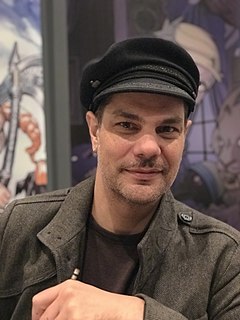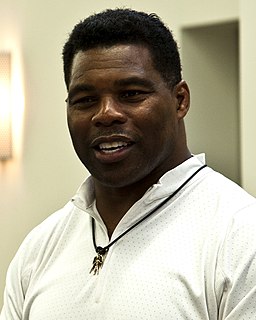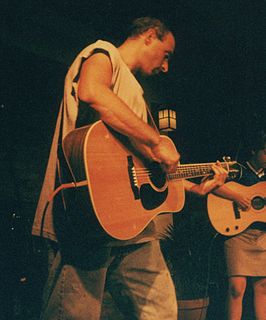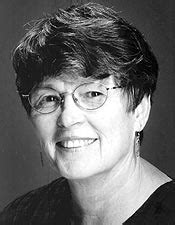A Quote by Ben Dolnick
Beginning in middle school, the era of wide-margined, Bible-paged anthologies, short stories develop unpromising associations - and these associations often linger through college, when stories become the things distributed in Xeroxes missing entire pages of line-endings.
Related Quotes
We're missing a lot of the real-life stories of what people's work looks like. Those are the people that I want sitting on the zoning board meetings, on the zoning commissions. Those are the people I want participating in business improvement in their own industry. The gentrification processes that often happen in cities so often manifest in street sweeps of sex workers. How do you get sex workers on neighborhood associations, regarded as members of the neighborhood?
We are shaped by stories from the first moments of life, and even before. Stories tell us who we are, why we are here, and what will become of us. Whenever humans try to make sense of their experience, they create a story, and we use those stories to answer all the big questions of life. The stories come from everywhere--from family, church, school, and the culture at large. They so surround and inhabit us that we often don't recognize that they are stories at all, breathing them in and out as a fish breathes water.
We've all heard stories about poker players grinding it out for two days straight. Believe me; I've got stories like that of my own. But the bottom line is that these stories usually don't have great endings. That's because the mind starts playing tricks after a marathon poker session, especially after a losing session.
Even when there's not a joke or a hook, the first line has to be good and snapem to attention. Songs ain't novels. You don't have 30 pages to slowly wrap somebody in. They're more like short stories or poems. If the first line hasn't grabbed them, you won't get to the second line. Once you've developed an audience, you may have some luxury and trust, so you don't have to knock 'em over the head with line one.
You look at the Koran or the Bible, they all tell the same stories. You see them as the stories of the Middle East. The stories reflect who these people were in the Middle East, and this is where Western culture came from. All our literature is basically influenced by these great myths. So I'm fascinated by it. You could almost say I'm obsessed with it. But if you're asking about the effect of religion on my life - almost everything I do is opposed to the practice of religion.
The language of the culture also reflects the stories of the culture. One word or simple phrasal labels often describe the story adequately enough in what we have termed culturally common stories. To some extent, the stories of a culture are observable by inspecting the vocabulary of that culture. Often entire stories are embodied in one very culture-specific word. The story words unique to a culture reveal cultural differences.






































